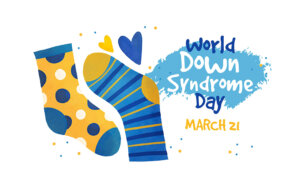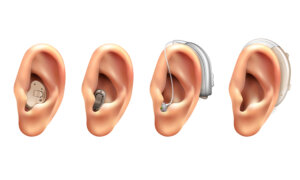World Hepatitis Day is commemorated each year on 28 July to enhance awareness of viral hepatitis, an inflammation of the liver that causes a range of health problems, including liver cancer.
This year’s theme is “Hepatitis can’t wait”, conveying the urgency of efforts needed to eliminate hepatitis as a public health threat by 2030. With a person dying every 30 seconds from a hepatitis-related illness – even in the current COVID-19 crisis – we can’t wait to act on viral hepatitis.
Hepatitis is an inflammation of the liver that can cause a range of health problems and can be fatal. There are five main strains of the hepatitis virus – A, B, C, D, and E.
While they all cause liver disease, they differ in important ways including modes of transmission, the severity of the illness, geographical distribution, and prevention methods. Together, hepatitis B and C are the most common cause of death, with 1.1 million deaths and 3 million new infections per year.
Amid the COVID-19 pandemic, viral hepatitis continues to claim thousands of lives every day. An estimated 325 million people worldwide live with hepatitis B and/or C, and for most, testing and treatment remain beyond reach. 10% of people living with hepatitis B and 19% living with hepatitis C know their hepatitis status.
Some types of hepatitis are preventable through vaccination. A WHO study found that an estimated 4.5 million premature deaths could be prevented in low- and middle-income countries by 2030 through vaccination, diagnostic tests, medicines, and education campaigns. WHO’s global hepatitis strategy, endorsed by all WHO Member States, aims to reduce new hepatitis infections by 90% and deaths by 65% between 2016 and 2030.
TYPES OF HEPATITIS
| TYPES OF HEPATITIS | A | B | C | D | E |
| CAUSES | Hep. A Virus | Hep. B Virus | Hep. C Virus | Hep. D Virus | Hep. E Virus |
| CHRONIC INFECTION | No | Yes | Yes | Yes | No |
| MODE OF TRANSMISSION | From contaminated food and water | Contact with infected body fluid of infected person. i.e. blood, through sex, or sharing sharp objects. | Direct contact with infected body fluid. i.e. Semen, blood, vaginal discharge, saliva. | Direct contact with infected blood. | From contaminated food and water |
| SYMPTOMS | Low-grade fever Dark urine Joint pain Jaundice Intense itching | Vomiting and nausea Dark urine Abdominal pains Joint pains Jaundice | Bleeding easily Bruising easily Fatigue Poor appetite Jaundice | Jaundice Joint pains Abdominal pains Vomiting and nausea Loss of appetite | Vomiting and nausea Loss of appetite Joint pains Weight loss |
| TREATMENT | Supportive care | Acute hepatitis B-Supportive care Chronic hepatitis B · Antiviral medication · Interferon injection · liver transplant | Antiviral medication Liver transplant | There is no known treatment. But interferon injection can be given to stop the multiplication. | Supportive care |
| VACCINE | YES | YES | NO | NO | YES (ONLY IN CHINA) |
Today, MetroHealth HMO creates awareness on Hepatitis together with world health practitioners to help eradicate Hepatitis as a public health threat by 2030.











One Response
This is very educative. Keep it up. But what exactly is MetroHealth HMO doing beyond the awareness campaign?